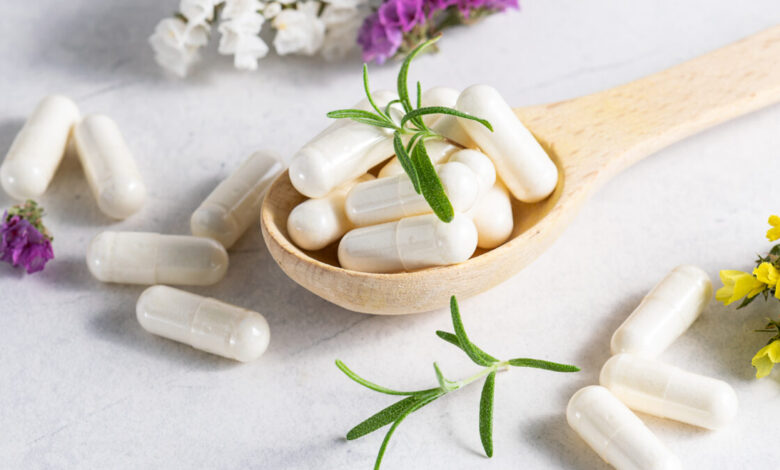6 Supplements That Don’t Mix with Prescription Medication

Supplements like Designs for Health at Supplement First are known to be beneficial, particularly to those who have vitamin deficiencies and dietary restrictions. However, did you know that certain supplements may not mix with prescription drugs and other medications? In fact, mixing supplements with certain medications can result in dangerous or life-threatening effects. Sometimes, supplements can either enhance, diminish, or negate the effects of prescription drugs, affecting your health in the long run.
To help prevent this from happening, you must consult your doctor before you take any supplements. Besides that, you must also know what type of supplements you shouldn’t take with prescription medication.
- St. John’s Wort
St. John’s Wort derives from a flowering shrub native to Europe, often taken to treat depression or menopausal symptoms. However, it has numerous drug interactions, with the risk of reducing the potency of hormone replacement therapy or birth control pills. It may also interfere with medications such as alprazolam, omeprazole, antihistamines, and statins.
- CoQ10
Coenzyme Q10 is an antioxidant our bodies produce to promote cell growth and maintenance. Our CoQ10 levels may decrease as we age, which is why we take them in supplement form from brands like Pure Encapsulations at Supplement First.
If you take blood thinners, you may want to keep away from these supplements, as they can interfere with blood thinning medications, thus increasing your risk of a blood clot.
- Turmeric
Turmeric is an ancient spice that has been proven to have various health benefits, including reducing inflammation and improving memory. However, you shouldn’t mix turmeric supplements with aspirin or blood thinners as it can increase the risk of internal bleeding.
Vitamin E and ginkgo biloba are other supplements that can also thin the blood, so taking them with anticoagulants can augment the effects.
- Probiotics
Probiotics are filled with beneficial bacteria to help with digestion and gut health. However, you mustn’t consume probiotics within two hours of taking an antibiotic as it will reduce the effectiveness of your medication.
- Vitamin C
Vitamin C is a popular supplement taken to help with the immune system. You can find it naturally in citrus fruits, broccoli, strawberries, tomatoes, and other whole foods. From preventing common colds to cancer, it has shown various benefits for our bodies.
That said, taking vitamin C in high dosages can reduce the effectiveness of certain cancer chemotherapy treatments. It may also interfere with niacin, and statins, and affect estrogen levels.
- Milk Thistle
Milk thistle is a flowering plant related to daisies, which people take in supplement form to help with heart and liver health. However, this supplement can also lower blood sugar, which may not be good for those on diabetes medication. If you combine this supplement with insulin, you may negatively affect your insulin levels in the long run.
Wrapping It Up
Before you take any of the supplements mentioned above, or any other supplement for that matter, speak with your doctor to ensure there won’t be any adverse drug interactions.



